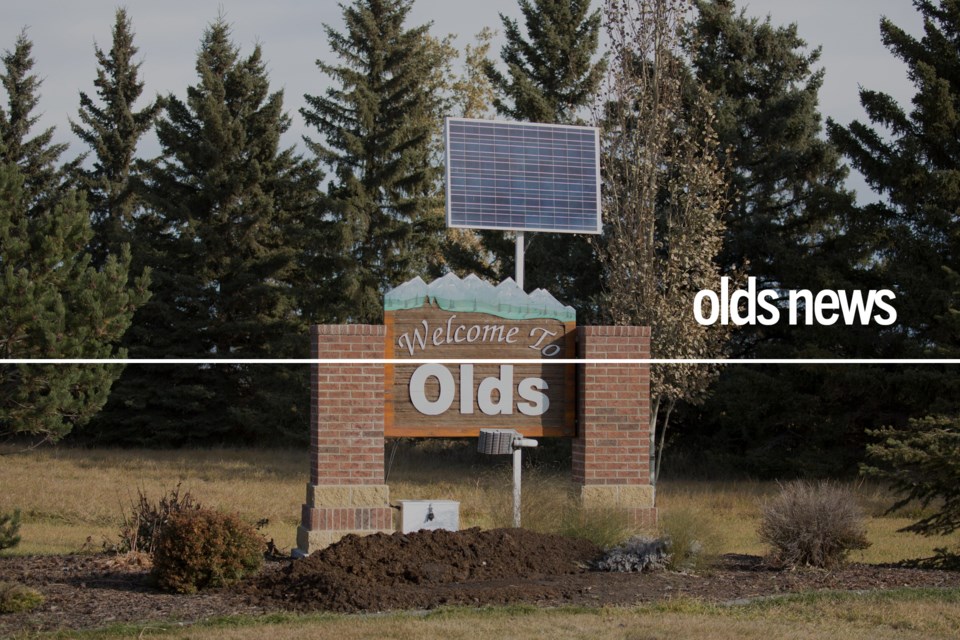OLDS — Town council is considering providing tax rebates to property owners, but is worried that – especially in the case of non-residential property owners – they’d be using municipal money to make up for tax hikes imposed by the province.
Coun. Mitch Thomson raised that concern, noting the biggest tax hike property owners are faced with – at least those who are non-residential taxpayers – is the result of an increase in the education tax.
The discussion was sparked during an April 6 meeting after a presentation by finance director Sheena Linderman.
In her presentation, Linderman said the assessed value of property in the town had gone down by only 1.1 per cent instead of the two per cent drop anticipated last December.
As a result, Linderman said, the town has some extra income. One way to deal with it would be to provide a rebate to taxpayers.
The town has no say in the amount of education tax imposed. Its role is limited to simply collecting it for the provincial government.
“So these are provincial taxes but we would be using municipal dollars to return to residents. Is that correct?” Thomson asked.
Finance director Sheena Linderman said in essence that’s true.
Coun. Mary Jane Harper echoed Thomson’s point, noting that non-residential taxpayers are really stung by this hike.
“When you look at the average, the educational increase for that average non-residential property, it’s a $821 increase. That’s very substantial,” she said.
“I guess, you know, all non-residential taxpayers would love to have that decrease, or that shield, but we should look at – is it right to do that when the people to look to is the province for this educational increase."
"I really struggle with this one, because it doesn’t matter if it’s the province collecting it or we’re collecting it, it’s still our tax dollars," Thomson said.
“The issue is a portion of our electorate is paying a bill that is owed by another portion and it wasn’t a situation we created. So it creates a little bit of a Robin Hood and Sheriff of Nottingham and I’m not sure which one we’d be.”
Mayor Michael Muzychka agreed with Thomson and Harper’s analysis.
“The sad part is the perception on the street is this is all one big bill," Muzychka said.
“And rightly or wrongly, all resident and non-resident (property) owners view this as money coming to the Town of Olds, so I think we’ve got to find a happy balance here. We’ve been downloaded with so many cuts from the province with regards to capital and other issues that the Town of Olds is already absorbing.
“I think we need to maybe do a little bit of better education to our residents so that they do understand that this massive jump in their tax bills – to non-residential especially – is due to the province’s downloading, not the town’s.”
Muzychka said the challenge is to get residents to understand that if the town does provide a two per cent rebate to non-residential taxpayers as it’s considering doing, the numbers are strongly in the province’s favour, not the town’s.
He said in that case, “we’re actually dropping our portion that we get to keep and use by $206. The province is still raising it $821, so it doesn’t feel – especially when you’re sitting there writing that cheque – it's a pretty tough signature on that cheque.”
Chief administrative officer Michael Merritt said each year when the town sends out its tax bills, it includes a supplement laying out which level of government is responsible for implementing which taxes.
Unfortunately, he said, most taxpayers simply check to find out if their taxes have gone up or down and by how much. They don’t look too closely at the details.




